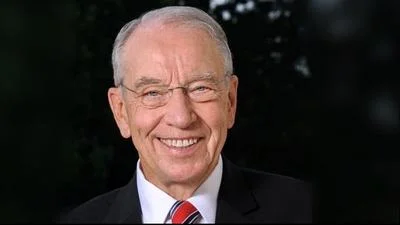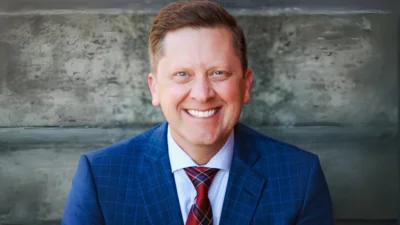The publication is reproduced in full below:
CONSOLIDATED APPROPRIATIONS ACT
Mr. GRASSLEY. Madam President, I ask unanimous consent that this letter to the Senate Archivist be printed in the Record.
There being no objection, the material was ordered to be printed in the Record, as follows:
Charles E. Grassley,
President Pro Tempore Emeritus,
Washington, DC, April 1, 2022. Karen D. Paul, Senate Archivist, Senate Historical Office, Washington, DC.
Dear Ms. Paul: I understand that you have been charged with implementing a provision in the Consolidated Appropriations Act, 2022 that offered a very limited number of senators up to $2.5 million each for the preservation of their records. This is a shocking amount of money, well beyond what could possibly be necessary for processing and preserving records, even for long serving senators with a lot of records. On September 22, 2021, my staff alerted the Senate Legislative Branch Appropriations Subcommittee of my decision not to accept any of the funding being proposed. It was my understanding at that time that the Appropriations Committee would reduce the funding appropriated accordingly.
With a budget deficit for the current fiscal year expected to be well over $1 Trillion, and ballooning debt that is on pace to reach an all-time record as a share of our economy within 10 years, spending millions of taxpayer dollars on a handful of senators' records cannot be justified. The tradition in the Senate is for academic institutions to agree to store and manage former senators' records as part of their academic mission. Some senators seek to go beyond simple preservations of records and establish centers to perpetuate their legacy. However, funds for new facilities or other functions beyond simply storing records are traditionally raised privately. The taxpayers should NOT be on the hook for senators' legacy projects. As a working senator, lam not focused on my legacy. I often say that my legacy will be decided by historians decades into the future with the benefit of hindsight. As such, my legacy is not something I can or should worry about.
Again, I did not seek these funds and I oppose their expenditure. I ask that you not transmit paperwork to the future repository of my records. I also ask that any funding that is eligible to be spent on the preservation of my records remain in the Treasury to reduce the deficit.
Sincerely,
Chuck Grassley,
United States Senator.
PS: Read and signed by this Senator.
____________________
SOURCE: Congressional Record Vol. 168, No. 60
The Congressional Record is a unique source of public documentation. It started in 1873, documenting nearly all the major and minor policies being discussed and debated.
Senators' salaries are historically higher than the median US income.





 Alerts Sign-up
Alerts Sign-up